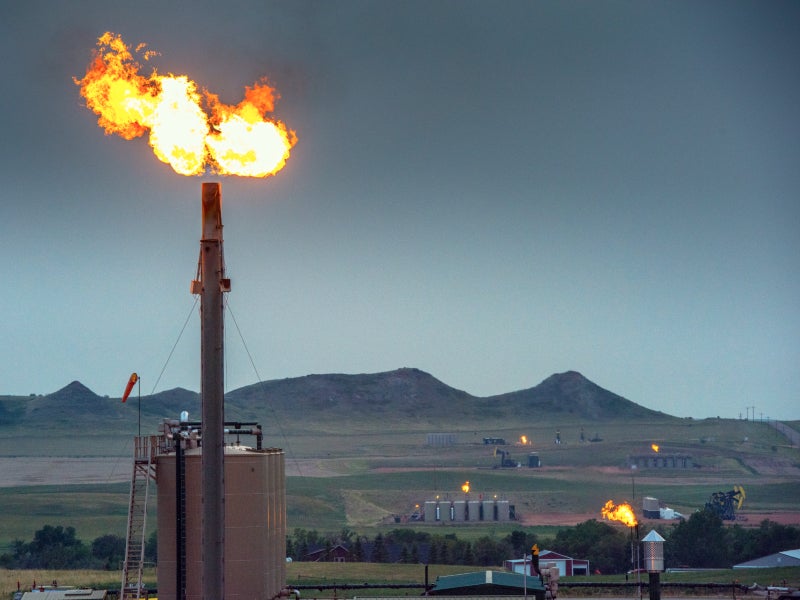
The UK government lifted the temporary ban on shale gas production in England today, and confirmed its support for a new oil and gas licensing round.
Before they can begin operations, developers must obtain the required licences, permissions, and local consents. However, fracking remains unpopular, as demonstrated in a recent poll by polling agency YouGov.
In the last few years, Scotland and Wales issued a ban on shale gas production. Paul Wheelhouse, former Minister for Community Safety of Scotland, said in 2019: “The Scottish Government’s final policy position is that we do not support the development of ‘fracking’ in Scotland.”
According to experts, it would take years to start producing shale gas, which is significantly less accessible than previously imagined. The Guardian says that delay will not help with the current energy crisis.
The government aims to strengthen the UK’s energy security after the Russian invasion of Ukraine. The UK Government has repeatedly criticised Russia’s “weaponisation of energy” and plans to increase home-grown energy sources to reduce the UK’s reliance on imports.
The North Sea Transition Authority (NSTA), which regulates and influences the oil, gas and carbon storage industries, expects to launch over 100 licenses in early October.
The Authority will likely designate several new ‘blocks’ in the UK continental shelf available for applicants to bid on during the upcoming licensing process following the Climate Compatibility Checkpoint, which ensures the compatibility of future licensing rounds with UK’s climate objectives.
The decision comes after the British Geological Survey’s scientific evaluation of shale gas production, commissioned earlier this year.
In March, at the commissioning of the study, then Secretary of State for Business, Energy and Industrial Strategy, Kwasi Kwarteng, said: “There will continue to be an ongoing demand for oil and gas over the coming decades as we transition to cheap renewable energy and new nuclear power.
“In light of Putin’s invasion of Ukraine, it is right that we explore all possible domestic energy sources”,
In the UK, only three test wells have been hydraulically fractured. The government says that lifting the ban on shale gas extraction will enable it to better understand UK shale gas resources.
The Department for Business, Energy, and Industrial Strategy is conducting a Strategic Environmental Assessment for additional renewable energy leasing and licensing for offshore oil and gas exploration and production.
“To get [to a point of energy security], we will need to explore all avenues available to us through solar, wind, oil and gas production, so it’s right that we’ve lifted the pause to realise any potential sources of domestic gas,” recently appointed Secretary of State for Business, Energy and Industrial Strategy Jacob Ress-Mogg said in a statement.



